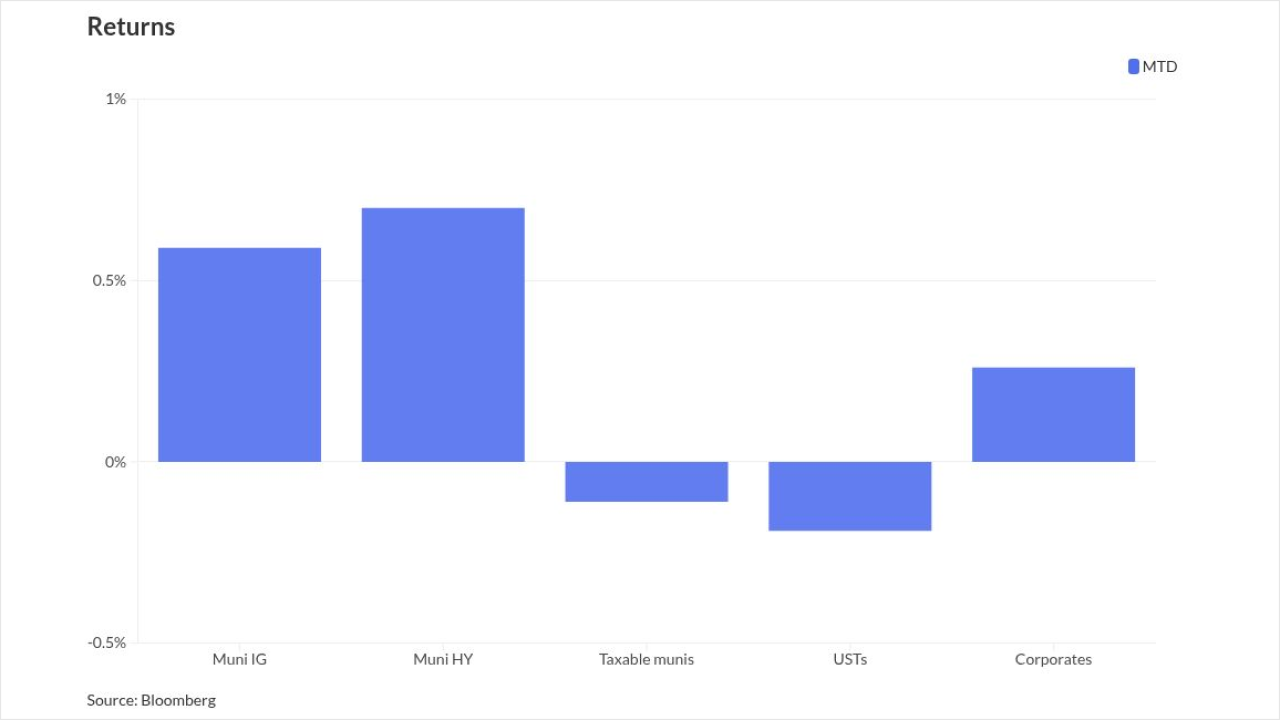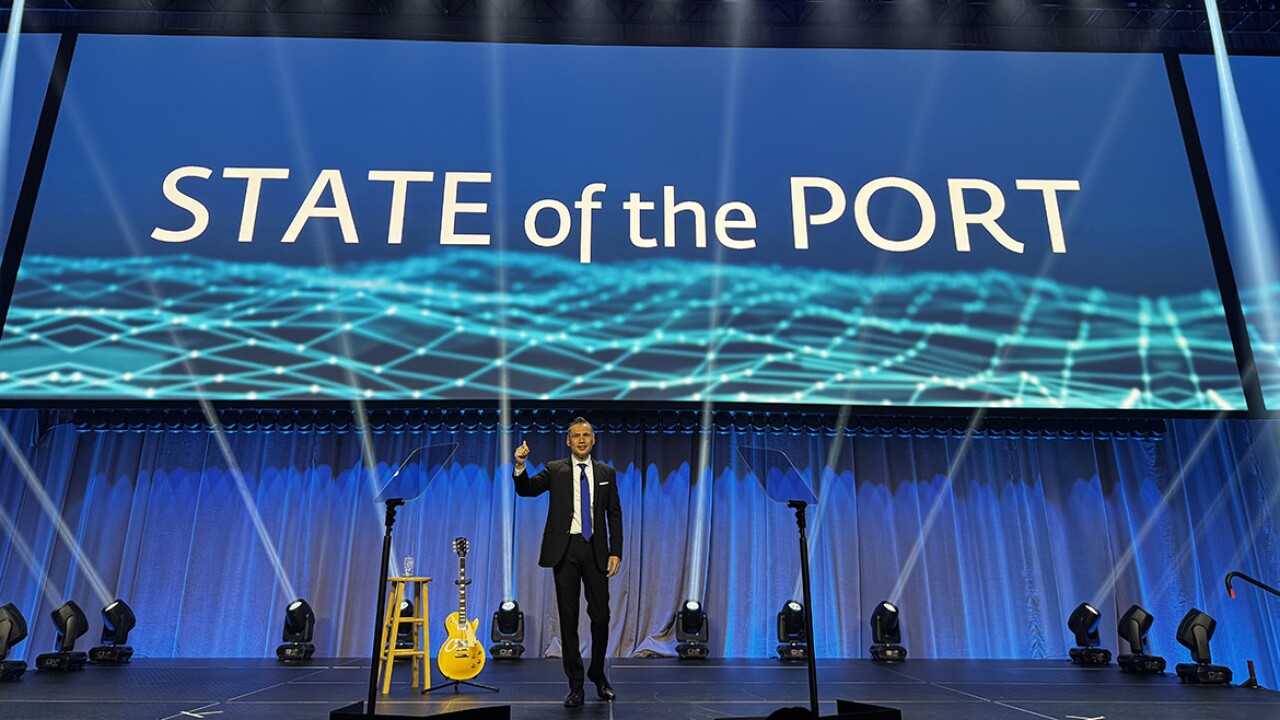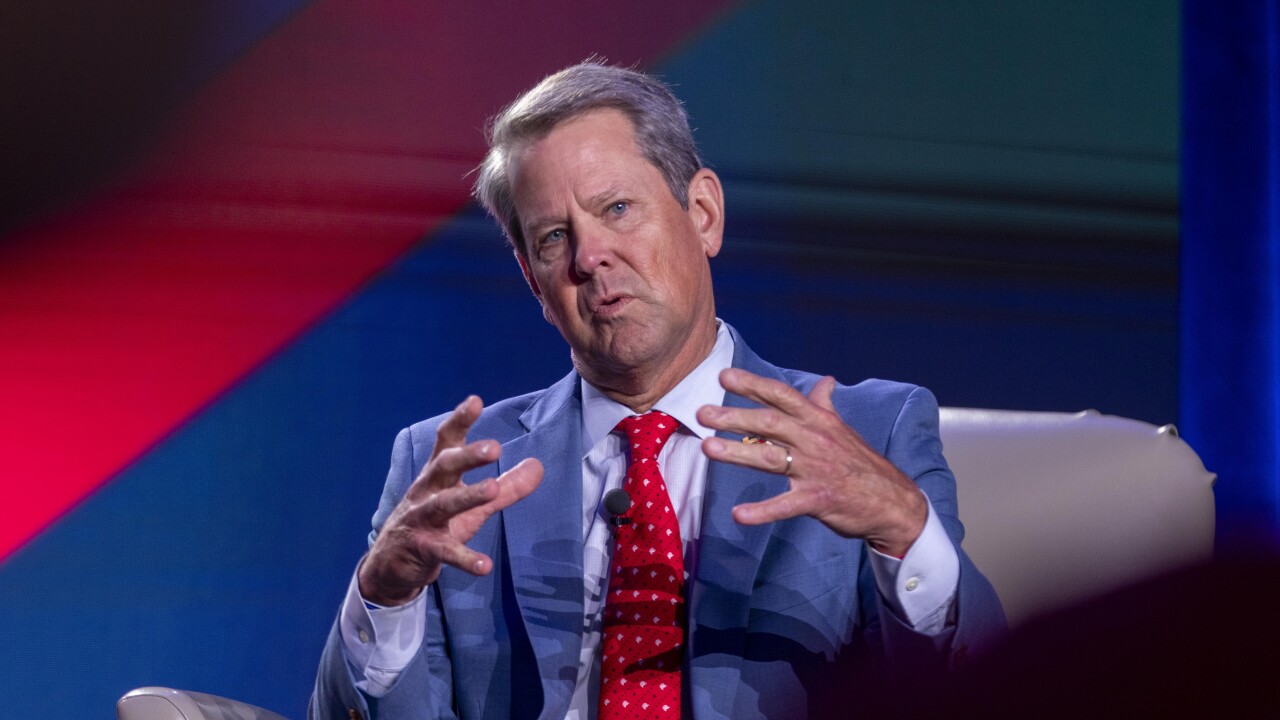The U.S. Virgin Islands Water and Power Authority succeeded in refinancing two notes that had been due in the last two weeks, sidestepping default.
The authority reported the success in a posting to the Electronic Municipal Marketplace Access web site, where it also posted its fiscal year 2017 certified accounted financial report this week.

The authority and the Virgin Islands government are the largest issuers of municipal bonds currently holding ratings in the C range that haven’t defaulted and don’t state an intention to default. In January 2017 Moody's Investors Service pointed to the authority’s exposure to the economic and financial stresses of the Virgin Islands, the slow payment pattern of the local government, its “very high” adjusted net pension liability, and its “weak” liquidity profile.

The University of Puerto Rico and the Puerto Rico Aqueduct and Sewer Authority are among issuers with ratings in Moody's C range. Though they haven't defaulted on bond payments yet, Puerto Rico government sources say it is a matter of time before they do, or restructure their debt.
WAPA’s senior bonds are rated Caa1 by Moody’s Investors Service and CCC by Fitch Ratings. WAPA has somewhere between $500 million and $750 million in debt outstanding.
The authority owed nearly $34 million to pay off the Series 2016A subordinate note coming due on Nov. 15. First the authority got the owners to agree to extend the deadline to Dec. 7. On Dec. 6 it sold the 2018B senior notes to pay off the Series 2016A security. The 2018B notes will mature on July 1, 2020.
The authority had a $16 million federal community disaster loan that took the form of the Series 2018A senior note coming due on Nov. 29. The authority issued the Series 2018C senior note using federal CDL allocation to pay off the Series 2018C note and to gain an additional $5.5 million. The new note is due on July 1, 2021.
In other good news for the authority, the Virgin Islands’ central government recently paid the authority its outstanding balance for street lighting, according to Moody’s Senior Analyst Kathrin Heitmann. This was about half of what the government owed to the authority, in Moody’s estimates.
The large amounts that the central government owed to the authority and the former’s financial weakness was a major factor in Moody’s rating. “Outstanding government receivables remain a constraining factor to Virgin Islands Water and Power Authority credit profile,” Heitmann said.
In the fall the Virgin Islands Senate raised the authority’s debt limit to $750 million from $500 million.
The authority’s financial statement for its electrical operations for the fiscal year ending June 30, 2017, indicated that its net position declined to negative $208.7 million on June 30, 2017 from negative $162.6 million a year earlier.
The same financial statement shows the authority had total debt and liabilities of $963 million. The total has since surged higher due to taking Community Disaster Loans. It is in addition to the roughly $80 million in debt and other liabilities the water system had outstanding as of June 30, 2015. CDL loans may have increased this sum as well.
“While we have expressed our view that the authority’s ongoing efforts to diversify its power supply by converting its oil-fired generating plants to liquefied petroleum gas (LPG) were positive, it appears that lack of regulatory support and strains on cash flow have undermined any benefits,” Fitch Ratings Managing Director Dennis Pidherny wrote in an email in May.





